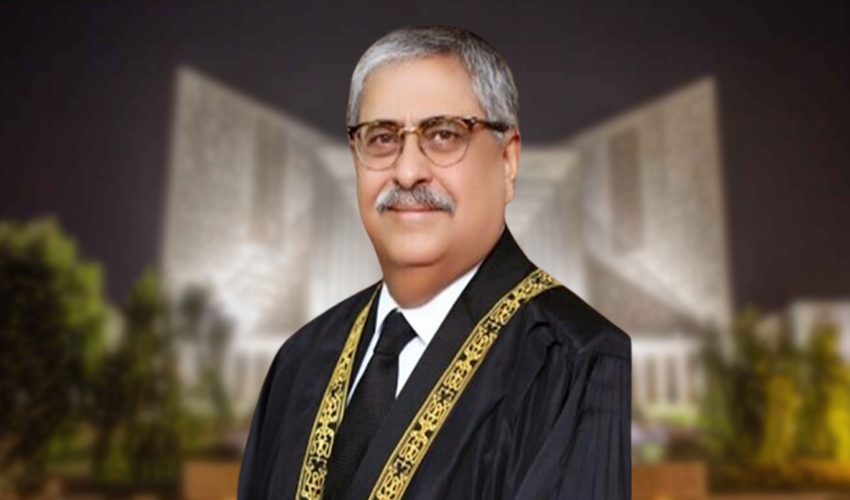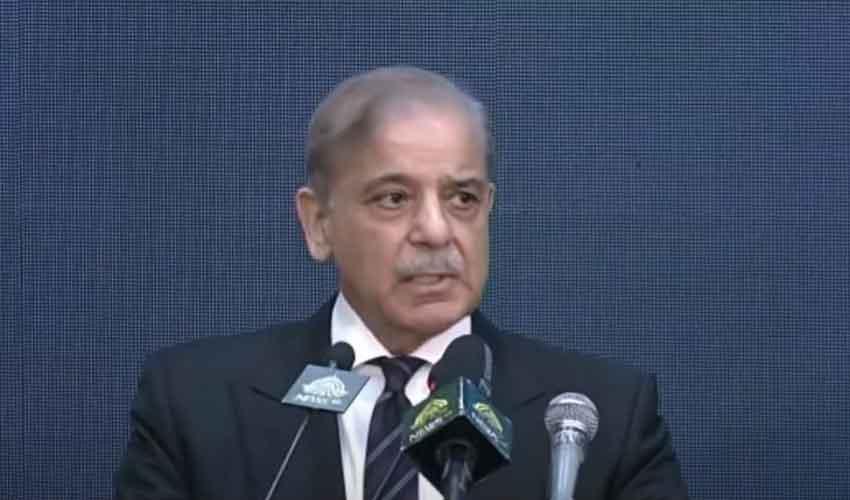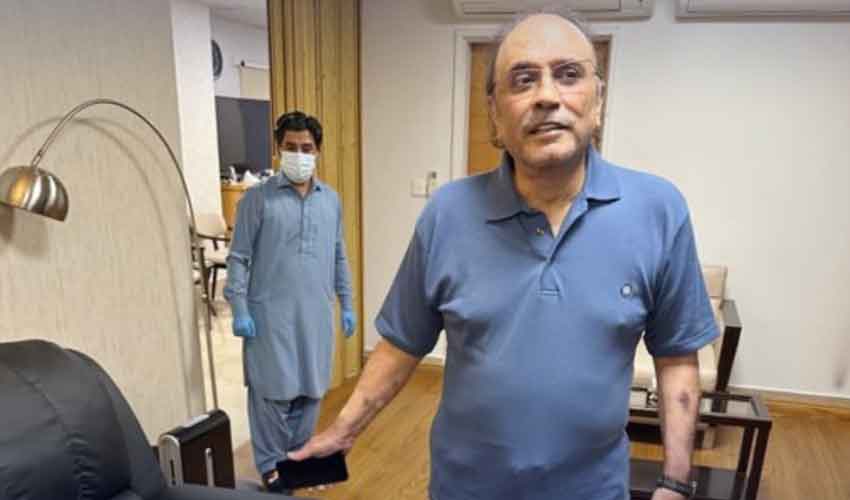The Supreme Court of Pakistan (SC) has scheduled the initial hearing for the suo motu notice case based on a letter submitted by six judges of the Islamabad High Court.
The letter seeks input from the Pakistan Bar Council, the Supreme Court Bar, and the Federation on how the Judiciary should address the matter as an institution.
However, there's a crack in the court's united front. Justice Athar Minallah has expressed dissent concerning the first 12 paragraphs of the order and has appended a note to this effect.
In his additional note, Justice Athar Minallah indicated his disagreement with paragraphs one to 12, emphasizing that critical matters such as the potential summoning of the Prime Minister and the formation of a government commission to examine judicial freedom remain pending before the Full Court for deliberation.
He highlights the repeated attempts by the High Court judges to raise the issue within relevant forums, but the judiciary as an institution failed to respond effectively. He argues that the six judges were simply upholding their oath by bringing these concerns to light.
Furthermore, his note emphasizes the undeniable reality of interference in politically sensitive cases. He cites historical references like the Zulfikar Ali Bhutto case and the Asghar Khan case as proof, suggesting the judges’ letter confirms this interference continues despite past judgments.
The apex court judge goes a step further, raising an even more alarming point. He claims court orders are being blatantly violated, indicating a growing culture of disregard for the law within the judiciary itself. This dissent adds a layer of complexity to the issue, highlighting internal divisions within the court on how to address these serious allegations.
The upcoming hearing will be crucial in determining the path forward. Whether the court will adopt a more proactive approach based on Justice Athar Minallah’s concerns or proceed with the initial, seemingly less urgent strategy remains to be seen.



























